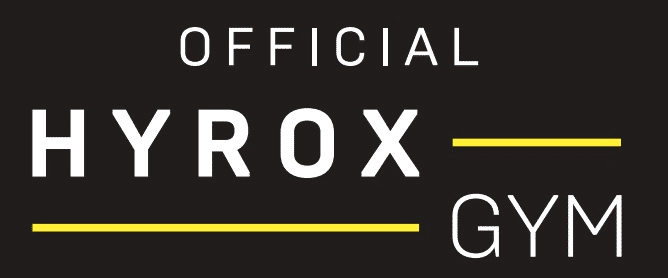[et_pb_section bb_built=”1″ admin_label=”section”][et_pb_row admin_label=”row”][et_pb_column type=”4_4″][et_pb_text admin_label=”Text” background_layout=”light” text_orientation=”left” use_border_color=”off” border_color=”#ffffff” border_style=”solid”]
About 96% of your day equates to the 23 hours you have outside of the walls of your CrossFit facility. You may be someone who comes to CrossFit class several days a week–maybe up to even four, five or six days each week. However, you’re beginning to wonder why your lifts are not getting stronger, your stamina is not increasing, your body composition has not changed too much in response to your workouts, or you’re actually starting to feel even worse due to your large commitment to working out so vigorously throughout the week.
One of the biggest factors for why you may be feeling this way is the way you spend the 96% of the day: eating, sleeping, recovering and other life activities. These are crucial for how much or how fast you want to achieve your fitness goals. The bottom line is this: You can’t out-train bad habits. This includes how you eat/drink, sleep, recover, manage stress levels, and we will repeat: how you eat, especially.
If you’re looking to get stronger, faster, increase your endurance, or if you’re looking to lose fat, increase muscle mass (versus fat mass) or feel more confident in your own skin, you will have to highly consider restructuring your nutrition to support your gains in the gym. If you look at some of the top-performing athletes in any sport, or even in our gym, they’re almost likely going to tell you that they make a conscious, well-informed effort about their daily nutritional intake; and it pays off.
If that doesn’t motivate you, then think about your overall health and life longevity. Many of you have children, pets, and family members and friends that love you and some may even depend on you. If your daily habits, especially with something you can control, are yielding positive health results (lower cholesterol, blood pressure, lower body fat percentage, healthy weight, etc.) then you’re likely doing the right thing. If not, changing your diet (and I don’t mean a fad-diet) is completely in your hands.
The hard part about this is of course: starting. Knowing when or how to start. Knowing how to do it correctly. Knowing what to eat, when to eat it, how much of it, and more. There’s plenty of research out there and it can be overwhelming to be able to learn how to do it all on your own. Seek out nutritional coaching from one of our coaches, Cheryl or Tricia, to help get you started. They are knowledgeable, experienced and focus on the individual as an athlete and a person–not just the math.
Training is only one hour of your day; there are still 23 others. Do your daily habits yield positive results that you are proud of?
[/et_pb_text][/et_pb_column][/et_pb_row][/et_pb_section]




